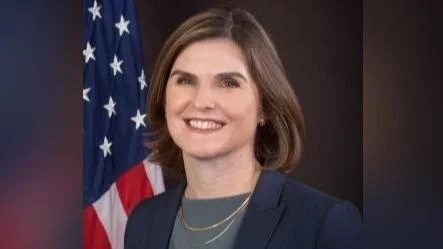Discussions about family size have become more prominent as U.S. birth rates reach historic lows. Catherine Pakaluk, an economist and associate professor at The Catholic University of America, has explored this topic in her new book "Hannah’s Children: The Women Quietly Defying the Birth Dearth." In a conversation with OSV News’ Charlie Camosy, Pakaluk shared insights from her research on American women who choose to have large families.
Pakaluk's interest in writing the book was sparked by a personal experience when a stranger commented on her having six children. She said, “I knew then that ‘Hannah’s Children’ had to be written.” Her research involved interviewing 55 women with five or more children across the United States. She found that these women place high value on children, viewing them as blessings and expressions of divine goodness.
Pakaluk noted that these women do not let material conditions dictate their decision to have more children. They prioritize family over economic factors such as income or career advancement. Many of them draw motivation from biblical values and religious communities.
Regarding media coverage of large families, Pakaluk observed an almost voyeuristic interest but welcomed the attention as it opens up important conversations about women's choices regarding family and career. She expressed excitement about contributing positively to this dialogue.
The discussion also touched upon political implications, particularly in light of JD Vance's vice-presidential nomination and his views on consumerist values discouraging childbearing. Pakaluk suggested that while cultural shifts play a role in declining birth rates, fostering religious communities could encourage higher birth rates.
She emphasized that supporting religious communities might be key to encouraging childbearing: “To foster childbearing, the state has to foster religious communities.”
Charlie Camosy is a professor at Creighton School of Medicine and St. Joseph Seminary.
 Alerts Sign-up
Alerts Sign-up






